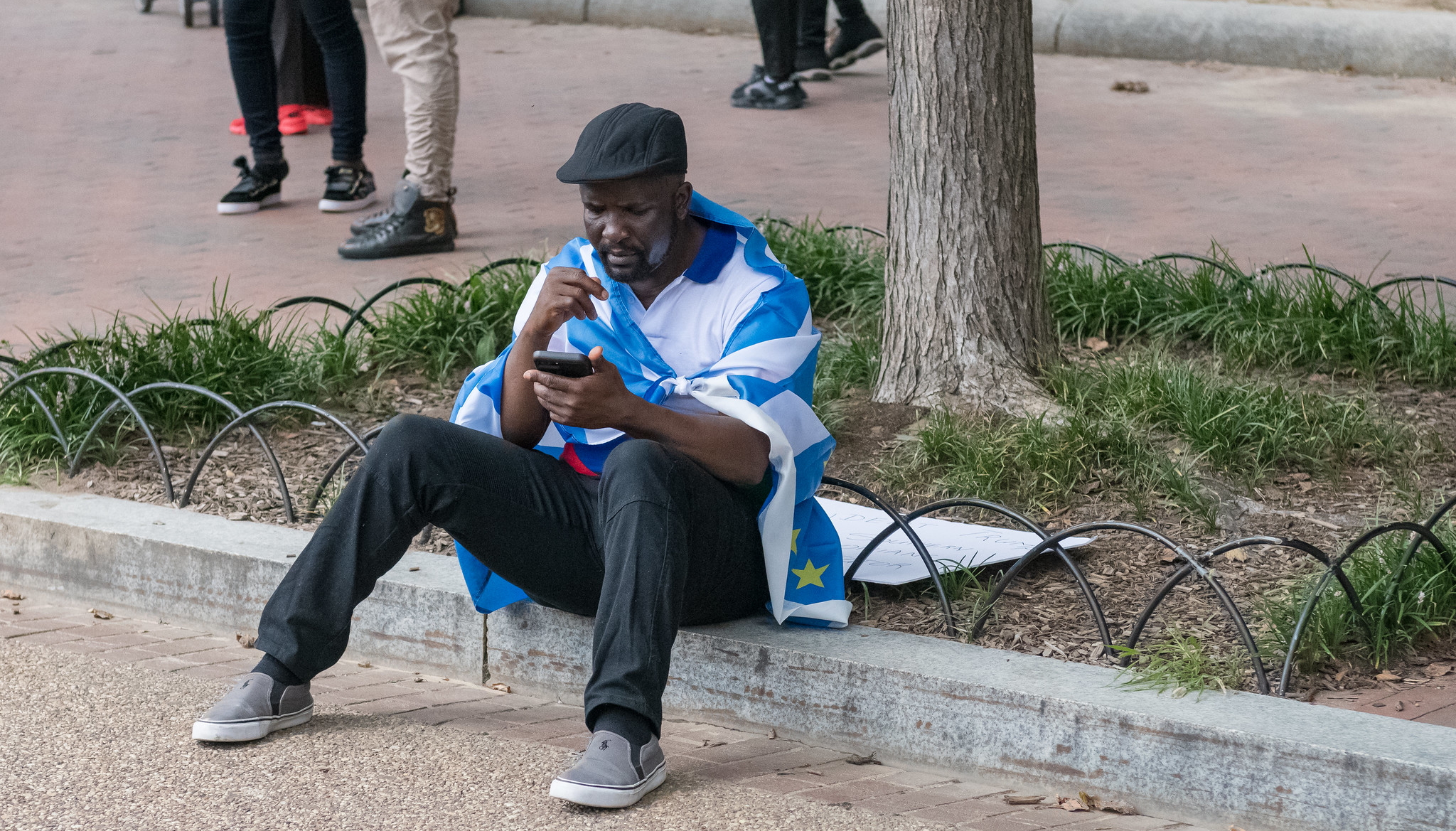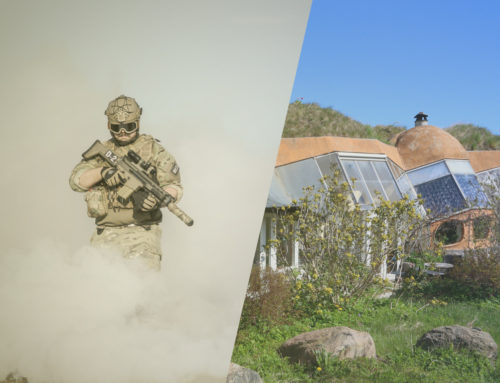By: David O. Monda
Cameroon faces major challenges in 2019, from the poor performance of the Indomitable Lions to a slow and stagnant economy. The latest threat to the Cameroonian state, however, comes from armed separatists in the Anglophone west of the country. These groups are calling for an independent state of Ambazonia. While I empathize with the ideals of the separatist movement, I cannot accept the modus operandi they have adopted to advance their cause.
If democracy is to be the only game in town, armed attacks from Ambazonians on Anglophone Cameroonians that want to remain part of Cameroon cannot continue. Such attacks only give the authoritarian regime in Yaoundé a license to kill and imprison more of its opponents.
In relation to their ability to govern, the Ambazonian opposition groups are hopelessly fragmented, lack any vision as to what a post-Biya framework would be, and do not have any real agenda other than believing that, “President Biya must go”. This is a conundrum that the movement’s leaders need to resolve. South Sudan is a good example of what happens when the ideals of a struggle are not buttressed by a pragmatic view of what must be done in a post-struggle reality. Ambazonians need to clearly articulate what their post-Cameroon agenda will be. Presently, it is nonexistent.
Ambazonians also need to develop a common agenda regarding what Cameroon will look like with them as a major player in the Cameroonian federated state. Such an agenda calls for political pacts. But to-date, I don’t hear any of the voices from Ambazonia as presenting an agenda for compromise with the central government; there is only the demand for secession. A rebel without a cause, facing an entrenched government with a monopoly on the legitimate use of violence, only results in a dead rebel.
Secession is a very dangerous game, and it can have serious unintended consequences. The separatists push to lock up President Paul Biya, but surely there has to be a more pragmatic way to resolve the Cameroon crisis than locking up an octogenarian president. Painful compromises were made in post-Civil War America when secessionist leaders like General Lee and Confederate President Jefferson Davis were pardoned. America would have been a much different place with their summary execution. A similar story evolved in Mandela’s post-Apartheid South Africa. The stark reality is that a new political order will only come with significant compromises from the government AND the opposition.
Surprisingly also, the voice of women in the secessionist debate in Anglophone Cameroon is not being heard. Women do not have a big voice in the Ambazonia movement, yet they face the bulk of the wrath of the Cameroonian central government and the Ambazonia separatists. This must change. And again, this is a voice that cannot be heard with the push for armed conflict in Ambazonia that is being trumpeted by the separatists.
In relation to an international paradigm, who are the allies of Ambazonia in the international system? There are very few, if any. Some support comes from the fragmented diaspora community, but nowhere near enough to topple an entrenched autocratic leader like Paul Biya. The United States, for its part, is more introverted in its foreign policy since President Trump came to power. It is drawing down its presence in Syria, Iraq, and Afghanistan. It certainly does not want to send troops to midwife the peace process after a civil war in Cameroon. Trump is not interested in any more failed states presenting humanitarian dilemmas to his administration.
The French, on the other hand, are definitely pro status quo. They covertly and overtly back President Biya. And the African Union will maintain its position of not interfering in the sovereignty of its member states while respecting the boundaries of member states at independence. What about the United Nations? The bungling of the UN 1960’s referendum in Cameroon is a fait accompli. While a tragedy, little can be done over half a century later to change this. The UN especially would not like to reengage with its shrinking budget on an agenda in Cameroon where it is going to have egg in its face due to its own past omissions.
So this leaves one last option. A pragmatic negotiated settlement between the central government and the Anglophone region. This would result in the Anglophone region getting more autonomy under a federated republic of Cameroon. Anglophone Cameroon would be able to get a larger share of their oil revenue, increase foreign investment in their region, and contribute to a bilingual Cameroon. A strong federated union.
In terms of a negotiated settlement, numerous political frameworks abound to provide for the rights of ethnic and linguistic minorities to be respected. Examples include consociation governments, federalism, or proportional representation (PR). These give minorities in the state a fair voice. Ambazonian separatists fearing an overbearing central government can opt for any of these models. It would result in Ambazonians gaining the benefits of a bilingualism as Quebec is doing within the larger Canadian framework. It would also allow for the repatriation of the 100,000 internally displaced Cameroonian citizens in the western part of Cameroon, a resettlement of the Cameroonian refugees in Nigeria, and kick start a genuine process of national reconciliation.
If President Paul Biya does not have a negotiated pact to allow for a peaceful transition of power, he will do everything (including dying in office) to stay in power. For the diaspora Cameroonians in Europe and North America calling for armed struggle, it is easy to speak about supporting armed struggle in Ambazonia (Anglophone Cameroon) from the comfort of the diaspora. However, for those of us with lived experiences of the repression of the state, armed force is never a good option. Especially when there is still room for a negotiated settlement.
The future is precarious for Cameroon. However, if all of the parties involved allow for a negotiated settlement, the impasse can be resolved. History recalls a large long litany of unsuccessful secessionist movements. Chechnya, Somaliland, Catalonia, Ogaden, Waziristan or even Chiapas are recent examples that speak to the futility of secessionist experimentation. In addition to this, poorly planned secessionist experiments end up disastrously, as we saw six years on in South Sudan. Ambazonians owe it to themselves and Cameroon to keep the union alive. A united Cameroon not only makes economic sense, it will work wonders for those Indomitable Lions.
David O. Monda is professor of Political Science at City University of New York – Guttman College
Image: A man wrapped in the flag of the secessionist Federal Republic of Ambazonia protests in Washington D.C. (2018) Photo by kyle tsui, via Flickr (CC BY 2.0)










Leave A Comment